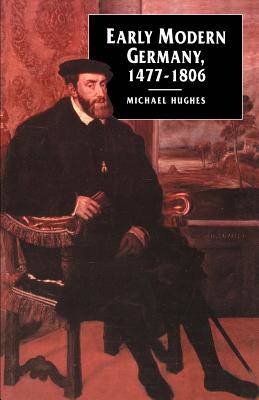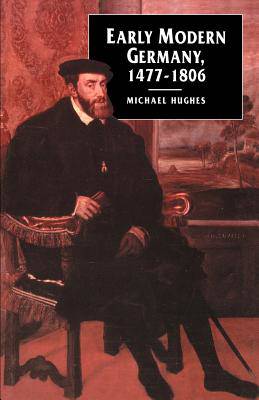
- Retrait gratuit dans votre magasin Club
- 7.000.000 titres dans notre catalogue
- Payer en toute sécurité
- Toujours un magasin près de chez vous
- Retrait gratuit dans votre magasin Club
- 7.000.0000 titres dans notre catalogue
- Payer en toute sécurité
- Toujours un magasin près de chez vous
Description
Attempts to present a coherent account of early modern German history are often hampered by the German equivalent of the Whig theory of history, by which all useful roads lead up to the creation of the nineteenth-century power state (Machstaat) or institutional state (Anstalstaat). In this kind of historiography, there are large "blank" areas between the "important" events like the Reformation, the Thiry Years War, the Seven Years War, and the French Revolution. During the intervals of apparent stagnation between these events, "Germany" seems to disappear, to be replaced by states such as Prussian and Austria, Saxony, Bavaria, and the Palatinate. Substantial areas are ignored, and groups such as the parliamentary Estates, which stood in the way of state-building, are virtually written out of most accounts.
Rather than focusing on the separate histories of the individual German states, Michael Hughes looks to the structure of the Holy Roman Empire in its final centuries and writes an account of Germany as a functioning, federative state, with institutions capable of reform and modernization. For nineteenth-and twentieth-century historians, the Empire was seen as the embodiment of division and weakness. But by examining the first Reich, Hughes reveals the persistence of the idea of Germanness and German national feeling during a period when, according to most accounts, Germany had virtually ceased to exist. At the same time, he examines "the element of continuity in Germany's development . . . in an attempt to discover how far back in Germany's past it is necessary to go to find the roots of the 'German problem, ' the Germans' search for a political expression of their strongly developed awareness of cultural unity."Spécifications
Parties prenantes
- Auteur(s) :
- Editeur:
Contenu
- Nombre de pages :
- 240
- Langue:
- Anglais
Caractéristiques
- EAN:
- 9780812214277
- Date de parution :
- 01-05-92
- Format:
- Livre broché
- Format numérique:
- Trade paperback (VS)
- Dimensions :
- 140 mm x 213 mm
- Poids :
- 317 g

Les avis
Nous publions uniquement les avis qui respectent les conditions requises. Consultez nos conditions pour les avis.






